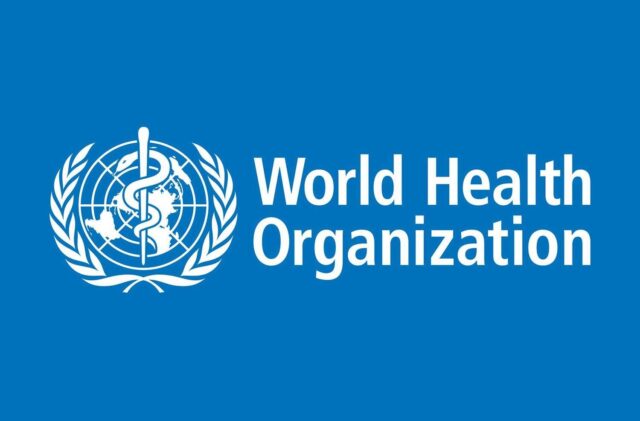A new report published by the World Health Organization (WHO) and UNICEF highlights the global prevalence of developmental disabilities among children and young people, shedding light on the urgent action needed to address disparities in their access to healthcare, health outcomes, and exposure to social determinants such as poverty.
The report estimates that – in 2019 – 317 million children and young people were affected by health conditions contributing to a developmental disability. Many of them experience stigmatization, prejudice, and social exclusion. They also encounter barriers in accessing health care and experience poorer quality of care when compared with their peers.

https://kol.jumia.com/s/DAEeLPk
“The vision of leaving no one behind can only be achieved if the aspirations and needs of children and young people with developmental disabilities are brought from the margins to the mainstream of our work in promoting the health and well-being of children all over the world,” said Dr. Luwei Pearson, Associate Director of Health, UNICEF.
“From poorer health outcomes to social exclusion, children and young people with developmental disabilities experience vast disparities. By strengthening interventions to support children and young people with developmental disabilities within wider efforts to boost universal health coverage and promote inclusive nurturing environments, we can ensure they have access to the resources and services they need to live healthy lives” said Dévora Kestel, Director for Mental Health and Substance Use, WHO.
Children and young people with developmental disabilities have underlying health conditions which affect the developing nervous system and cause impairments in motor, cognitive, language, behaviour, and/or sensory functioning and associated disabilities. In interaction with various barriers and contextual factors, these impairments may hinder a child’s full and effective participation in society on an equal basis with others.
Underlying health conditions that contribute to developmental disabilities include autism, disorders of intellectual development, attention deficit hyperactivity disorder, and many other neurodevelopmental disorders listed in the International Classification of Diseases, 11th Revision (ICD-11) and also a much broader group of congenital conditions (such as Down syndrome) or conditions acquired at birth (such as cerebral palsy) or during childhood.
Health inequities
Evidence shows that children with developmental disabilities experience poorer health and a higher risk of premature mortality than their peers. The most common underlying, avoidable causes of death in children and young people with developmental disabilities include epilepsy, choking, respiratory infections, and injuries.
Health disparities also extend into adulthood, increasing the risks of conditions such as diabetes, heart disease, obesity, respiratory illnesses, and mental health conditions.
People with developmental disabilities have unmet healthcare needs due to fragmented and underfunded healthcare systems. Children and young people with developmental disabilities often experience undetected and untreated health issues, hampered by delayed diagnoses, lengthy waiting lists, and ineligibility for care services. A lack of information, stigma, and limited understanding of developmental disabilities also act as barriers to accessing health care.
Physical and attitudinal barriers and lack of training further contribute to inequitable health care for these children. Quality of care varies widely with children with developmental disabilities experiencing more preventable harms and poorer care quality during hospital stays.
Framework for action
This report sets out a concrete framework for action needed to accelerate changes in policies and systems to improve health, development, well-being, and participation for children with developmental disabilities:
- Strengthen coordination and accountability mechanisms to improve care
- Promote participation in advocacy, leadership, policy, programming and monitoring
- Address the social determinants of health, well-being, and participation in policy, programming, and financing
- Tackle stigmatization and foster inclusive enabling environments
- Advance multisectoral policy-making to address inequities in healthcare
- Deliver services for inclusive and people-centred evidence-based care
- Inform, empower, and support caregivers
- Improve data and research
- Develop inclusive plans and protocols for health emergency preparedness and response
This global report is a call for action to accelerate changes at the individual, family, community, and society levels to achieve inclusion and health equity. It makes the case for greater investment in building responsive multisectoral care systems for children and young people with developmental disabilities.




